 Living in the Past
Living in the PastIn 1993 there was a by-election in the very safe Conservative seat of Newbury following the sudden death of the MP Judith Chaplain.
Newbury had been a safe Tory seat held at every election since 1924. At the general election only the previous year Judith Chaplain had polled 37,000 against the Lib Dems 24,000.
The shock result that night was that the Lib Dem candidate David Rendel won in spectacular style; the Tory vote collapsed to 15,000 and Rendel got in with 37,500 votes - a massive swing of over 28%
The Newbury by election marked the beginning of the end of the Major Government and just as relevant started a domino of by election losses by the Tories in formerly safe seats to the Liberal Democrats, a process that continued right through to the mid 2000's.
Latterly the Lib Dems have found the going much tougher in by elections, indeed the last one or two victories they have had were against Labour in the North. This year their progress has been almost exclusively backwards. In Crewe and Nantwich they came a very poor third but their people at the time were saying 'we didn't think we would do well here anyway, we are targeting Henley...'
Indeed the Lib dem publicity machine has been in overdrive for weeks claiming variously that Henley was "Bromley Mk 2" (Bromley was a by election in 2006 where the Lib Dems came uncomfortably close to winning) and "another Newbury" - indeed as recently as last week our own Lib Dem MP was enlightening his blog readers that Henley would indeed be a repeat of Newbury.
Well it was no
 t to be. Having had a very bad poll published yesterday (Lib dems down to 15% again) the actual result was a bitter blow to the hard working activists who had been led to believe all the hype; the Lib Dem vote went down; and there was a significant swing away from the Lib Dems and to the Conservatives; in an election that saw the Labour vote collapse completely (the came fifth behind BNP and the Greens).
t to be. Having had a very bad poll published yesterday (Lib dems down to 15% again) the actual result was a bitter blow to the hard working activists who had been led to believe all the hype; the Lib Dem vote went down; and there was a significant swing away from the Lib Dems and to the Conservatives; in an election that saw the Labour vote collapse completely (the came fifth behind BNP and the Greens).So where does that leave the fabled Lib Dem by election machine? Not 'winning here' anymore thats for sure.
Why did they target a safe Conservative seat when the Conservatives are riding high in the polls? Why go for Conservative votes just at the time when Conservatives are on the up? Why did they target Henley instead of Labour held Crewe and Nantwich?
I have no idea, but as a strategy it makes about as much sense as the Charge of the Light Brigade.
I couldn't put it better than the following contributor to Politicalbetting.com:
'I think it’s pretty clear the Lib Dems have become fixated by their past successes, and believe that all they have to do is repeat the familiar formula to reproduce them. Worse, it appears that some of their activists think that all they have to do is talk about the formula for the ‘magic’ to happen.
There seems to be no understanding that the situation has changed. As Stuart Dickson notes at the top of the thread, the public now want change, and the Lib Dems are not going to be the agent for it - certainly not in their present form anyway.
The voters aren’t interested in kicking the Tories any more, or looking for a ‘Labour-lite’ party, nor are they jaundiced enough about politics in general to want to vote for a ‘b*gger all of them’ party (UKIP’s decline also reflects this).
The Lib Dems rose with Labour and will fall with them too unless they do something to radically differentiate themselves.'
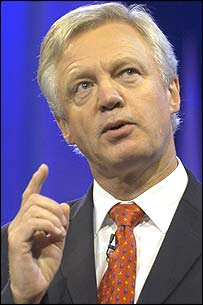
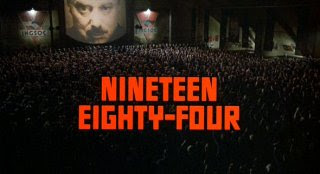
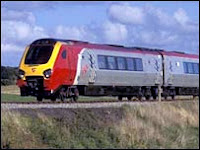
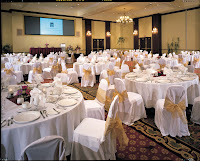

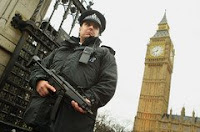


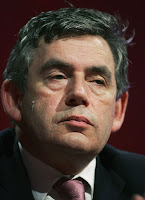
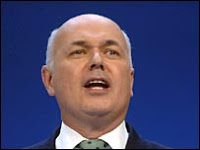







.jpg)

